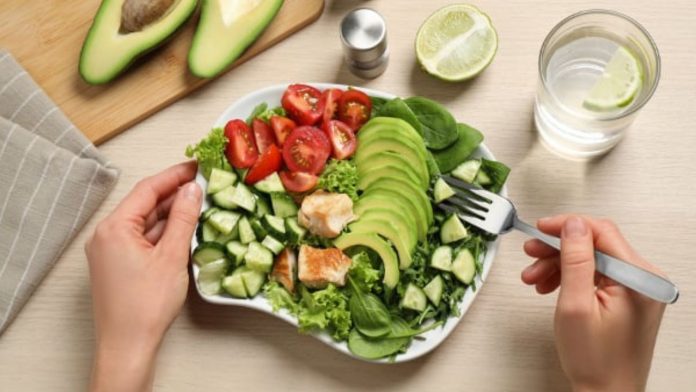Hot flashes are a common occurrence during the menopause, which is an important transitional period for women. Keeping an eye on your diet can aid with management. Although managing hot flashes might be difficult, eating well can help. These foods include those that can make hot flashes worse and some that can help control them.
Some menopause-friendly foods to help you get through this stage of life are:
- Alcohol: While it might enlarge blood vessels and exacerbate hot flashes, a refreshing substitute would be herbal teas, flavored water, or mocktails made with fresh fruit.
- Caffeine: It can cause hot flashes by stimulating the neurological system. To stay hydrated, try decaf coffee or tea, or even better, herbal teas like peppermint or chamomile.
- Foods that are spicy: The heat from these foods can exacerbate hot flashes. Select selections that are light to medium in spice instead, and enjoy the flavors without the added heat.
- Spicy food: Steer clear of very hot food and wait for it to cool down before consuming it. Choose comfortable but non-stirring soups and stews that are warm and relaxing.
- Red meat: Rich in saturated fat, which may disrupt the balance of hormones. Replace with lean protein sources such as fish, poultry, or plant-based proteins like tofu and beans.
- Sugar-filled foods: Sugar rushes can exacerbate symptoms. Select naturally sweet foods like fruit or desserts produced without added sugar and sweetened with stevia or other natural sweeteners.
- Cucumbers, soy products, and flaxseeds are good meals to focus on in order to assist soothe your body and manage these symptoms in order to prevent hot flashes.
- Cooling foods: To assist control your body temperature, eat more melons, cucumbers, and leafy greens.
- Products made from soy: Natural chemicals found in soy may help lessen hot flashes. Try soy milk, edamame, or tofu.
- Flaxseeds: Packed with lignans, these small powerhouses may help reduce hot flashes. Blend them into your smoothies or yogurt.

 हिंदी
हिंदी






